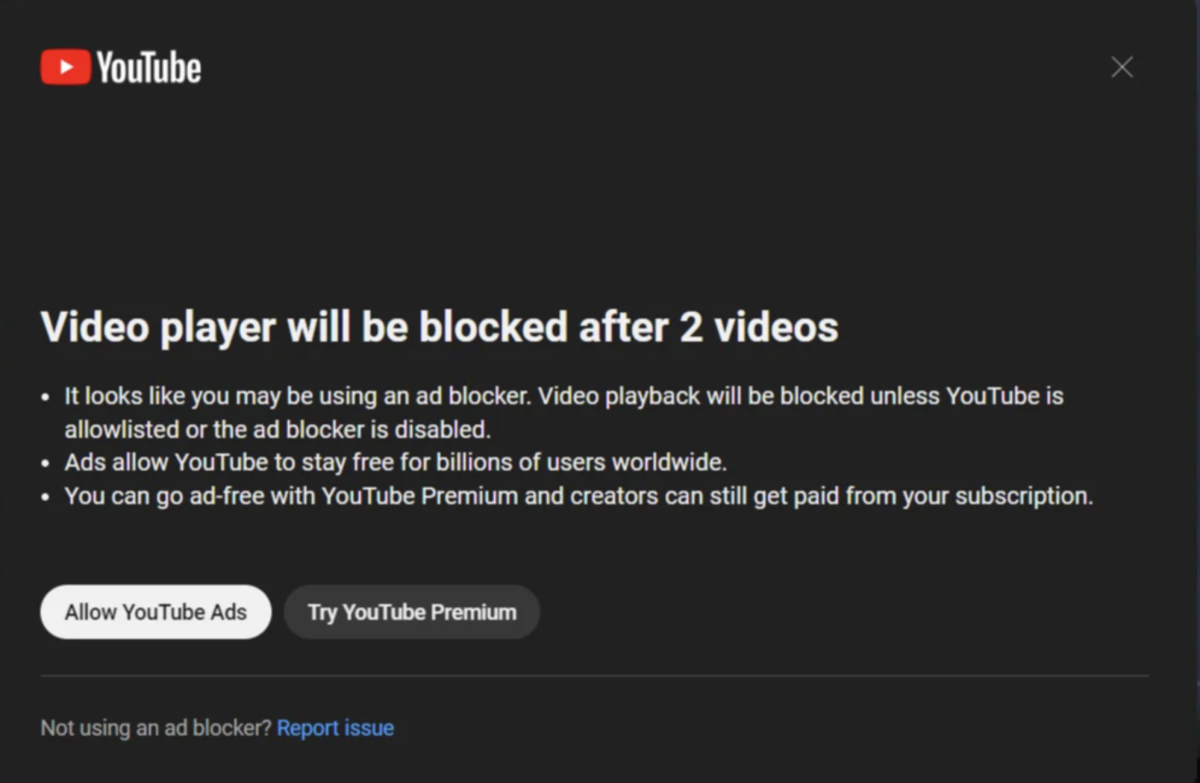Inside the ‘arms race’ between YouTube and ad blockers / Against all odds, open source hackers keep outfoxing one of the wealthiest companies.::YouTube’s dramatic content gatekeeping decisions of late have a long history behind them, and there’s an equally long history of these defenses being bypassed.



Baked in personalized ads aren’t impossible.
I can’t remember which streaming service it was (I want to say Tubi?) But they had baked in personalized ads. The technology isn’t far fetched and certainly possible with what youtube already has.
Sponsorblock only works on specific, known timed segments.
Say a video you want to watch has 8 places that YouTube can put up an ad (as determined by YouTube). Out of those 8 places, it decides to serve 5 ads. But the ads are of different lengths.
Sponsorblock can’t block those ads.
I’m not saying people won’t try but YouTube has all the information it needs to serve intrusive ads. And, I hate to say it, but they have the market dominance to pull the rug under premium subscribers feet because you know that in a year or two, they are going to start serving ads to those people too.
That’s not true though, sponsorblock is user reported, that’s why it works for sponsor segments and in-video ads of all lengths and locations in videos. If ads get baked into a video they can’t be taken out or changed, since that’s what getting “baked in” means in this context, and as soon as a single user reports the ad it will be blocked by sponsorblock for anyone who uses it. If it can be taken out or changed, then it’s not truly baked in and that can be exploited.
Ah I think we have a different definition of “baked in”.
What I mean is that the video does not change urls or sources when playing the ad and the video. So it looks like an unbroken video feed but on the back end, YouTube added the video between the designated time frames.
I get what you mean that if ads never change and are forever in the video file then sponsorblock will continue to work. But I don’t think this is what YouTube will do.
All they need to do is fuzz the time when the ad plays to defeat this.
The ads would be baked into the stream, not the source video. This is a fairly trivial problem, and I’m surprised they aren’t doing it already.
As soon as on user does it? Welcome, DoS attack!